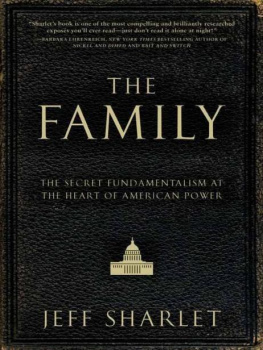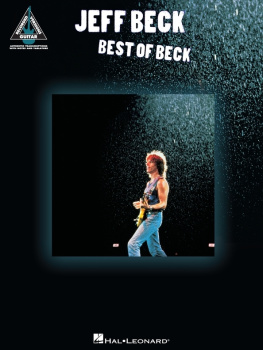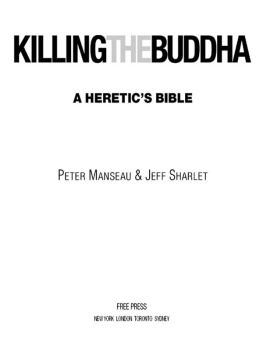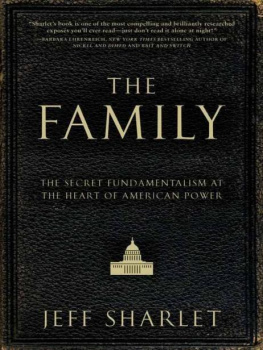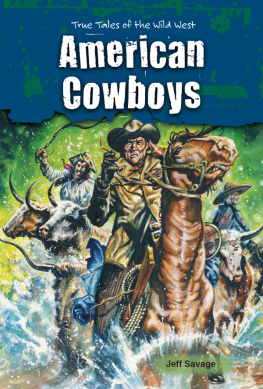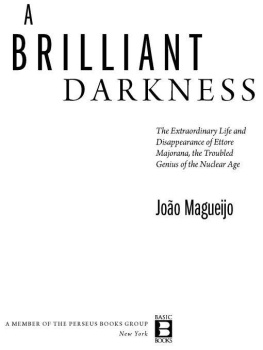Jeff Sharlet - This Brilliant Darkness
Here you can read online Jeff Sharlet - This Brilliant Darkness full text of the book (entire story) in english for free. Download pdf and epub, get meaning, cover and reviews about this ebook. year: 2019, publisher: W. W. Norton & Company, genre: Detective and thriller. Description of the work, (preface) as well as reviews are available. Best literature library LitArk.com created for fans of good reading and offers a wide selection of genres:
Romance novel
Science fiction
Adventure
Detective
Science
History
Home and family
Prose
Art
Politics
Computer
Non-fiction
Religion
Business
Children
Humor
Choose a favorite category and find really read worthwhile books. Enjoy immersion in the world of imagination, feel the emotions of the characters or learn something new for yourself, make an fascinating discovery.

- Book:This Brilliant Darkness
- Author:
- Publisher:W. W. Norton & Company
- Genre:
- Year:2019
- Rating:5 / 5
- Favourites:Add to favourites
- Your mark:
- 100
- 1
- 2
- 3
- 4
- 5
This Brilliant Darkness: summary, description and annotation
We offer to read an annotation, description, summary or preface (depends on what the author of the book "This Brilliant Darkness" wrote himself). If you haven't found the necessary information about the book — write in the comments, we will try to find it.
This Brilliant Darkness — read online for free the complete book (whole text) full work
Below is the text of the book, divided by pages. System saving the place of the last page read, allows you to conveniently read the book "This Brilliant Darkness" online for free, without having to search again every time where you left off. Put a bookmark, and you can go to the page where you finished reading at any time.
Font size:
Interval:
Bookmark:
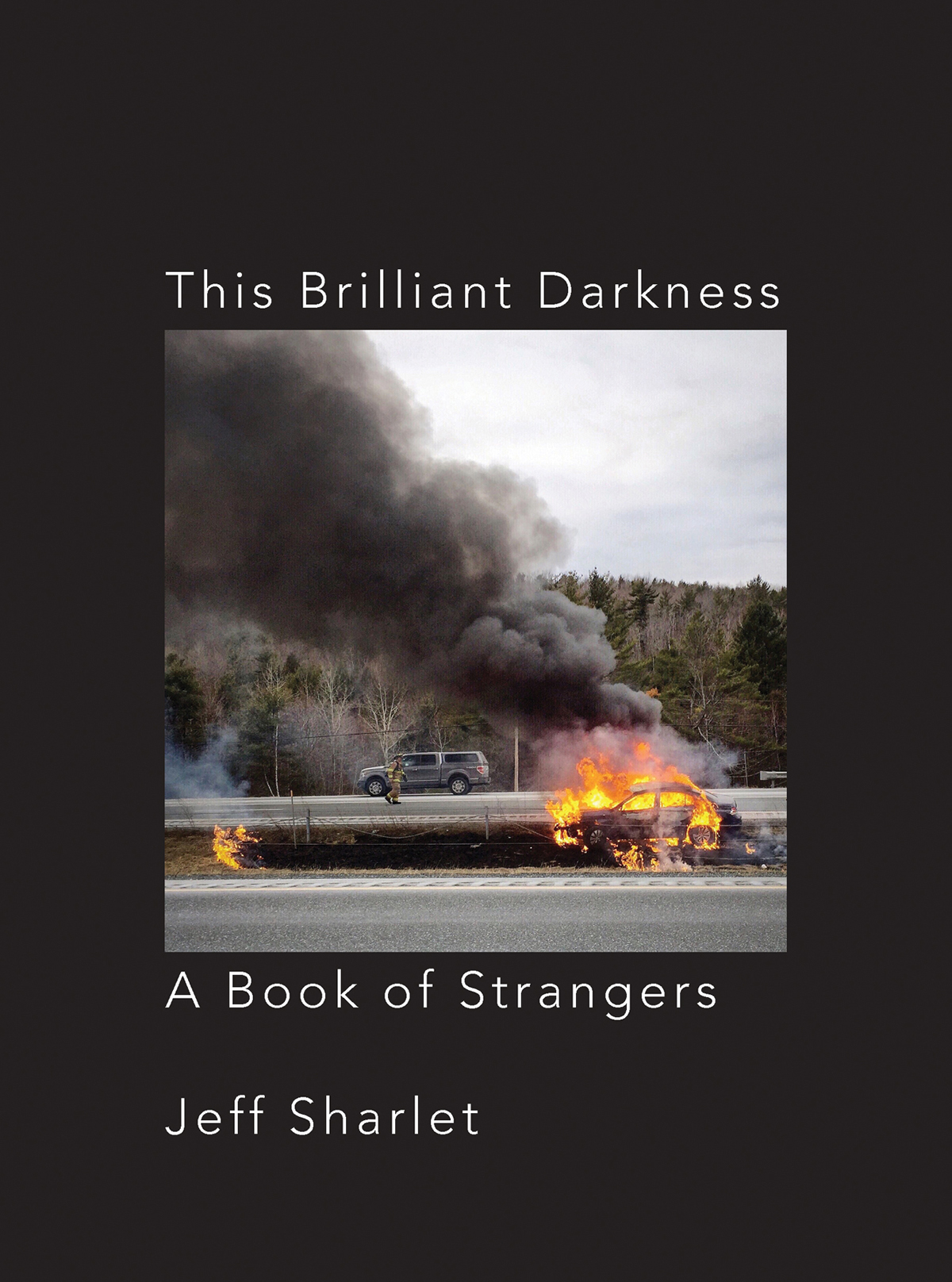
JEFF SHARLET


For the Sun, which is not his real name, and the Moon, which is not hers.

A thing you cant do very well with a phone camera is capture the light that made you stop even as you were racing to school to pick up your daughter on time. But there are compensations. The phone camera comes close enough for the viewer to guess, and in between that guess and the light-asit-was stands me. The mediation. Perfect camera tech creates the illusion of unmediated vision. That amazing picture that looks like its real? Thats a deception. Thissort of what it looked like, something like what I saw, something like what I feltis the truth.
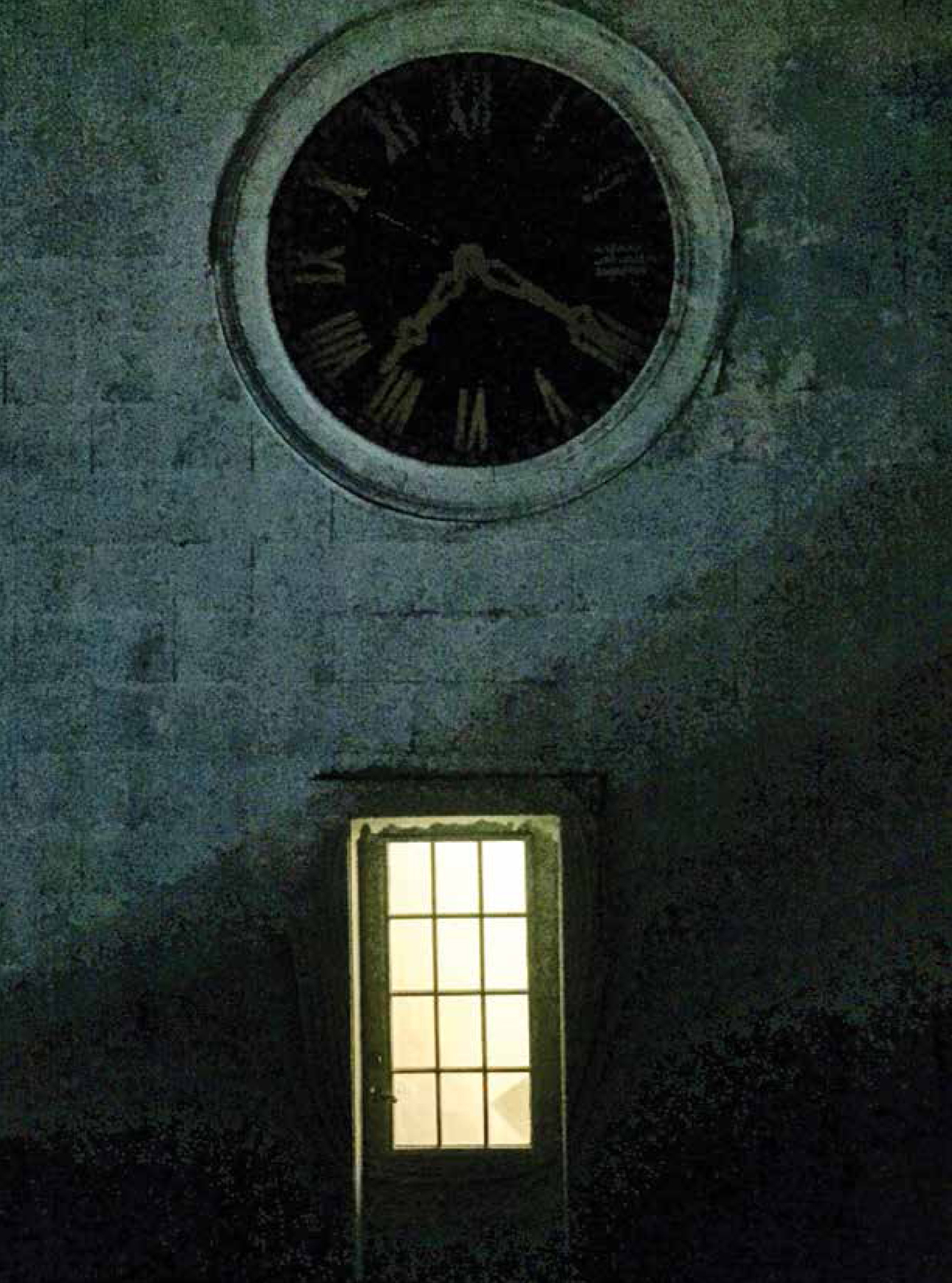
I recall that at first photographic implements were related to techniques of cabinetmaking and the machinery of precision: cameras, in short, were clocks for seeing.
Roland Barthes, Camera Lucida
THE CLOCK SAYS 7:20, because it always says 7:20, its hands frozen now for many years, but it was later than that when I took this picture. It was meant to be a picture of a door, on the other side of which is the room where I was writing something elsesomething I cant recall, to which I never returnedwhen this book began.
It began with a phone call. A friend of my fathers. A few days before, my father, who was seventy-nine, had collapsed, breathless, climbing steep stairs from a beach on Cape Cod. Id sat with him as hed gasped, his olive skin veiling blue. A lifeguard had wheeled out an oxygen tank and given him a clear plastic mask that covered his mouth and nose. He kept trying to remove the mask. He wanted to thank the lifeguard. The lifeguard guided my hand to my fathers arm, the back of his biceps. It was enough. I did not hold him, only rested my hand there, and he rested his arm there, and he left the mask on. I watched him breathe. His eyes calmed.
I walked him to his car and returned us to our vacation rental, and then I drove him home. The blue had gone from his color, but what remained was ash. As if he were becoming a black-and-white picture. He listed in his seat, like a boat taking water. His breath was shallow. He said he felt fine. That it must have been something hed eaten. Or maybe the sun. All that bright light, he said, his voice an echo of his once-deep baritone. We drove awhile. Then he asked if I remembered the Emily Dickinson poem hed read to us when we were children. Of course, I said:
Because I could not stop for Death
He kindly stopped for me
The Carriage held but just Ourselves
And Immortality.
He squeezed his fist and shook it gently, as he often did when he felt that something had been expressed correctly. He was thinking of the poem, he said, because he was thinking of his brother, who had died in 1969, and of two memories. Or not so much memories as images. I wrote him later to ask if he remembered what hed told me in the car. He e-mailed back immediately. He couldnt recall anything from that conversation, or much from the months that followed. But the pictures in his mind, yes: I have two images Ive long carried in my mind because they merge. No doubt I spoke to you of them.
The first was from his freshman year in college. Hed gone on a football scholarship, a rough boy then nicknamed Rocky. One night the team went to a movie showing on campus. Rocky sat next to another boy also called Rocky. The movie was not what they expected. It was French, and it had subtitles. They had never seen subtitles. The movie was Jean Cocteaus Orpheus, a retelling of the Greek myth of Death and the Underworld in modern Paris. They had never seen anything like it, and they did not like what they saw. One Rocky was flummoxed, but the other Rocky, who soon after that would quit the football team, start reading books, and begin telling people his name was Bob, was transfixed. Even now he can see it. It is the poets time, my father wrote me, and the grim reaper comes for him. Death, in the form of a tall, striking woman elegantly dressed in black from head to toe, arrives in a speeding black limo preceded by two motorcycle outriders. They are helmeted, goggled, in military-style attire with submachine guns slung across their backs. They are not large men, but formidable-looking.
That was the first image.
The second was from the funeral for his younger brother Jeff, after whom Im named, dead in 1969, age twenty-seven, of a cancer likely caused by a chemical predecessor to Agent OrangeAgent Purplewith which he was saturated in Vietnam.
I was sitting between my parents in the back of a long black limo behind the hearse, my father wrote. My mother and father were silent, lost in their sadness. We were speeding along a broad, flat thoroughfare in Miami, it was a bright sunny day in June. I could see ahead of the hearse two motorcycle outriders on giant silver Harleys, obviously Miami police moonlighting, very large men. They were helmeted, booted, and wearing reflecting sunglasses. As the cortege approached an intersection, one would speed ahead, dismount, and with the flawless authority of a hand signal, stop all cross traffic until we passed. He then remounted, accelerated, and again took his position leading the hearse. Those impressive men were, as Emily Dickinson might have said, taking Jeff to eternity.
Why did he think of that then? He couldnt remember.
I brought my father to his little house in Schenectady, New York, and helped him walk up the stairs. He held on to the banister while I cleared from his couch piles of magazines and documents, evidence for a book about his brother we had been imagining we would write together. He was breathing fast, but he snapped at me to be careful, he knew just where everything was. I looked around; everything was everywhere. Piles and drifts of documents from 1969 and before, not so much collapsing as sliding into a field of white paper and black ink that covered the table, the floor, his study. In the kitchen hed piled paper on top of the stove he never used, and then inside it. Once he had been a tidy man. But he had been sick, I realized then, for a long time. Hed been pinned to his couch by the growing pressure in his chest, his broad frame withering, his breath shallowing, not so much in and out as skimming across him.
I cleared a heap off a chair and sat with him late into the nighthe had never slept before two, three in the morningtalking about the book about his brother, which, I knew then, we would not make together. Will you see a doctor? I asked. He nodded. He hated to talk about his body. Im fine, he said. I dont want to keep you. He said it twice, so I said good-bye and drove through the night over the mountains between us, back to my home.
To begin working in the clock tower the next day.
Then, the phone call. Hes seen the doctor, said my fathers friend. What was it? I asked.
Font size:
Interval:
Bookmark:
Similar books «This Brilliant Darkness»
Look at similar books to This Brilliant Darkness. We have selected literature similar in name and meaning in the hope of providing readers with more options to find new, interesting, not yet read works.
Discussion, reviews of the book This Brilliant Darkness and just readers' own opinions. Leave your comments, write what you think about the work, its meaning or the main characters. Specify what exactly you liked and what you didn't like, and why you think so.

